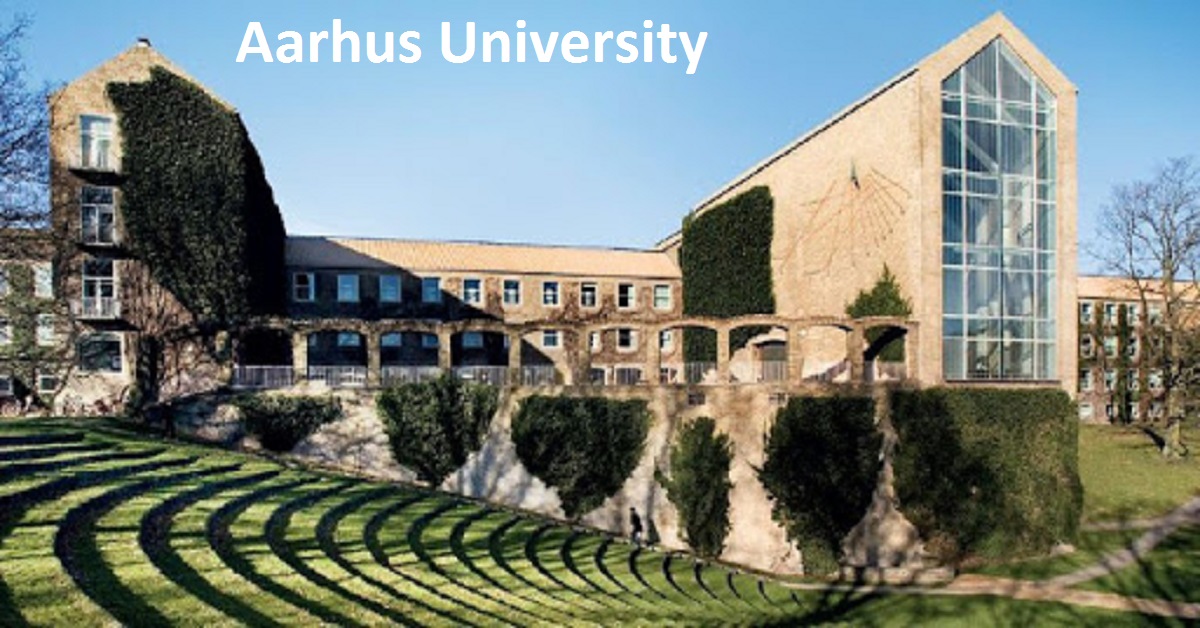Applications are invited for a PhD fellowship/scholarship at Graduate School of Natural Sciences, Aarhus University, Denmark, within the Chemistry programme. The position is available from August 2022 or later.
As part of a Villum Investigator grant [1] ionic liquids (room temperature molten salts) as transformative tools in the synthesis of nanomaterials will be explored.
Nanomaterials have become indispensable for modern life. Many technologies depend critically on nanomaterials with engineered properties and structures, including photocatalysts for hydrogen production and waste-water treatment [2], energy efficient phosphors for lighting applications [3], and thermoelectric materials for energy conversion [4]. Boundaries could be pushed further if more powerful tools for the tailored synthesis of nanomaterials were available. Here, ionic liquids (ILs) have the potential to be a true game changer. ILs, which can be built by a wide variety of cation-anion combinations with different functionalities, can act as the reaction medium, particle stabilizing and templating agent all-in-one, sometimes even as the reaction partner.
The goal of this PhD project is to develop a deep understanding of how ILs guide the formation of a nanomaterial and to apply this knowledge for the next era of nanosynthesis by proving that tailor-made ILs with specific functional groups and physico-chemical properties allow for the deliberate assembly of a nanomaterial or a nanostructure.
The project will take advantage of the latest possibilities offered by the Department of Chemistry and iNANO, together with large-scale facilities for neutron and synchrotron X-ray scattering.
The PhD candidate will manage a wide range of state-of-the-art synthesis (physical vapor deposition, microwave synthesis, mechanochemical and ultrasound synthesis) and characterization techniques with emphasis on structure analysis with diffraction methods (PXRD, SAXS, TEM, EDX) and become an expert in materials synthesis, structure and property determination.
For more background of this PhD project, please visit: www.mudring.org andhttps://nat.au.dk/en/about-the-faculty/news/show/artikel/the-endless-possibilities-of-impossible-salt/
References:
- https://veluxfoundations.dk/en/content/2021-villum-investigators-2021
- DOI: 10.1002/adsu.202000180; DOI: 10.1002/cssc.201700615
- DOI: 10.1039/C4CC05817H; DOI: 10.1039/C4CC04400B
- DOI: 10.1039/c6dt04323b; DOI:10.1039/c5tc01248a
For technical reasons, you must upload a project description (½-4 pages). When – as here – you apply for a specific project, please simply copy the project description above, and upload it as a PDF in the application. If you wish to, you can indicate an URL where further information can be found. Please note that we reserve the right to remove scientific papers, large reports, theses and the like.
Qualifications and specific competences:
Applicants to the PhD position should have a relevant Master’s degree, or in the process of gaining a Master’s degree, in Chemistry, Materials Science, Physics, or related fields. The candidate should have strong interest in hands-on experiments, materials synthesis, and data analysis. She/he should have a high degree of motivation and can work independently. Good communication skills and teamwork spirit are required. The candidate should be able to speak and write English fluently.
Place of employment and place of work:
The place of employment is Aarhus University, and the place of work is Langelandsgade 140, DK-8000 Aarhus C, Denmark.
Contacts:
Applicants seeking further information for this project are invited to contact:
Professor Anja-Verena Mudring, e-mail: anja-verena.mudring@chem.au.dk
How to apply:
For information about application requirements and mandatory attachments, please see the Application guide. Please read the Application guide thoroughly before applying and note the GSNS language skills requirement.
When ready to apply, go to https://phd.nat.au.dk/for-applicants/apply-here/ (Note, the online application system opens 1 March 2022)
- Choose May 2022 Call with deadline 1 May 2022 at 23:59 CEST.
- You will be directed to the call and must choose the programme “Chemistry”.
- When filling in information about the project, please choose: “Ionic Liquids – Game Changers in Nanosynthesis (IL-GCN)” in the dropdown menu in the box named “Study”.
Please note:
- The programme committee may request further information or invite the applicant to attend an interview.
- The project will only be initiated if final funding (from the graduate school/the faculty) is secured.
Aarhus University’s ambition is to be an attractive and inspiring workplace for all and to foster a culture in which each individual has opportunities to thrive, achieve and develop. We view equality and diversity as assets, and we welcome all applicants. All interested candidates are encouraged to apply, regardless of their personal background.
